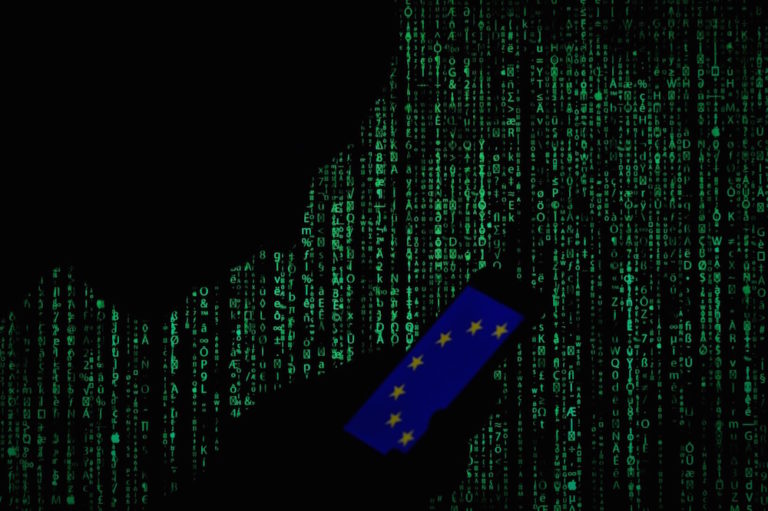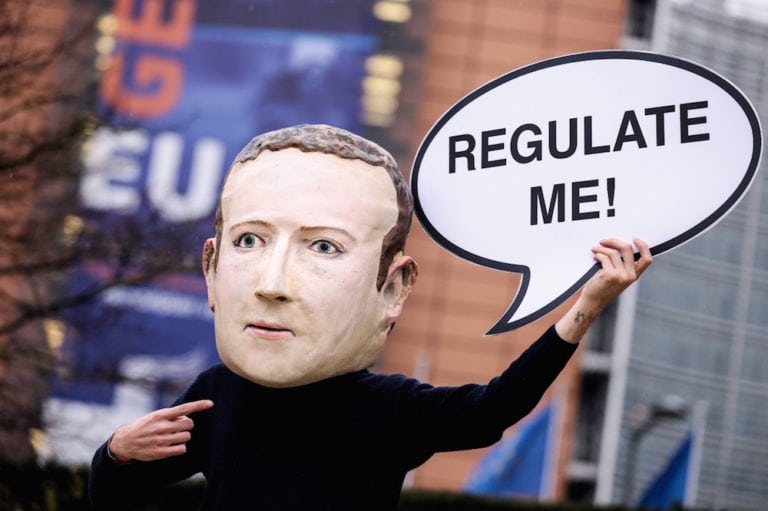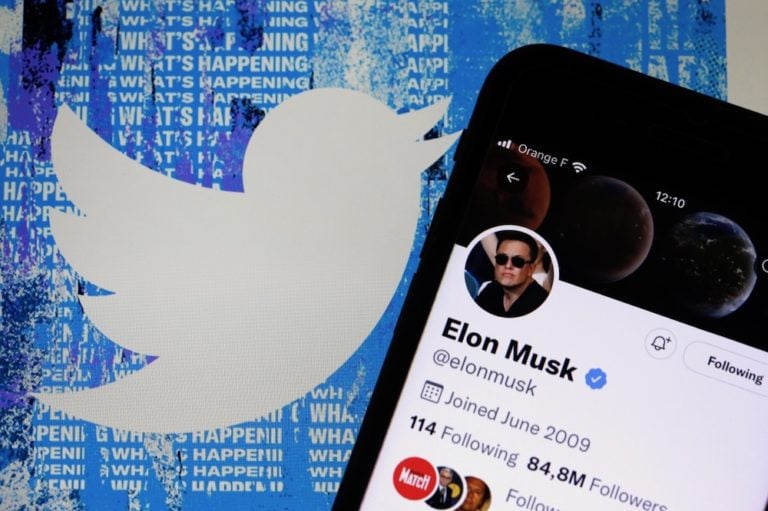Articles by Electronic Frontier Foundation (EFF)

Rights groups call on EU to withdraw proposal for new message-scanning regulation
“The Commission’s proposal would compel a broad range of technology companies to scan and analyse their users’ messages, in the name of fighting crimes against children. Email, texts, social media messages, and DMs could all be subject to plain-text access and scanning.”

EFF advocates for the “My Body, My Data” Act aiming to protect the privacy and safety of people seeking reproductive health care
The bill would protect people who, for example, use fertility or period-tracking apps or are seeking information about reproductive health services.

Speech-related offences should be excluded from the proposed UN Cybercrime Treaty
“Including offenses based on harmful speech in the treaty, rather than focusing on core cybercrimes, will likely result in overbroad, easily abused laws that will sweep up lawful speech and pose an enormous menace to the free expression rights of people around the world. The UN committee should not make that mistake.”

Colombia’s surveillance of lawyers’ group violated international law
A submitted amicus brief shows how Colombia’s intelligence law and unlawful surveillance practices are violating the right to privacy and other human rights.

Platform liability trends around the world: From safe harbours to increased responsibility
“Faced with expansive and vague moderation obligations, little time for analysis, and major legal consequences if they guess wrong, companies inevitably over-censor. Stricter regulation of and moderation by platforms also results in self-censorship”.

Twitter has a new owner. Here’s what he should do
Elon Musk’s purchase of Twitter highlights the risks to human rights and personal safety when any single person has complete control over policies affecting almost 400 million users. And in this case, that person has repeatedly demonstrated that they do not understand the realities of platform policy at scale.

Brazil’s “remuneration right” strengthens Big Tech and Big Media, at the cost of free expression and a free press
EFF has been analyzing and reporting on the bill since its earliest stages in the Brazilian Congress. The latest text, which has been approved by a working group in the Chamber of Deputies, still contains dangerous language for free expression and digital rights.

Anti-war hacktivism is leading to digital xenophobia and a more hostile internet
“Targeting every computer with a Russian or Belarusian IP address with this sort of hacktivism as a means of protest against the actions of a government is patently absurd and harmful. Developers living in countries that commit war crimes, including the US, might want to consider how they would feel if the tables were turned.”
